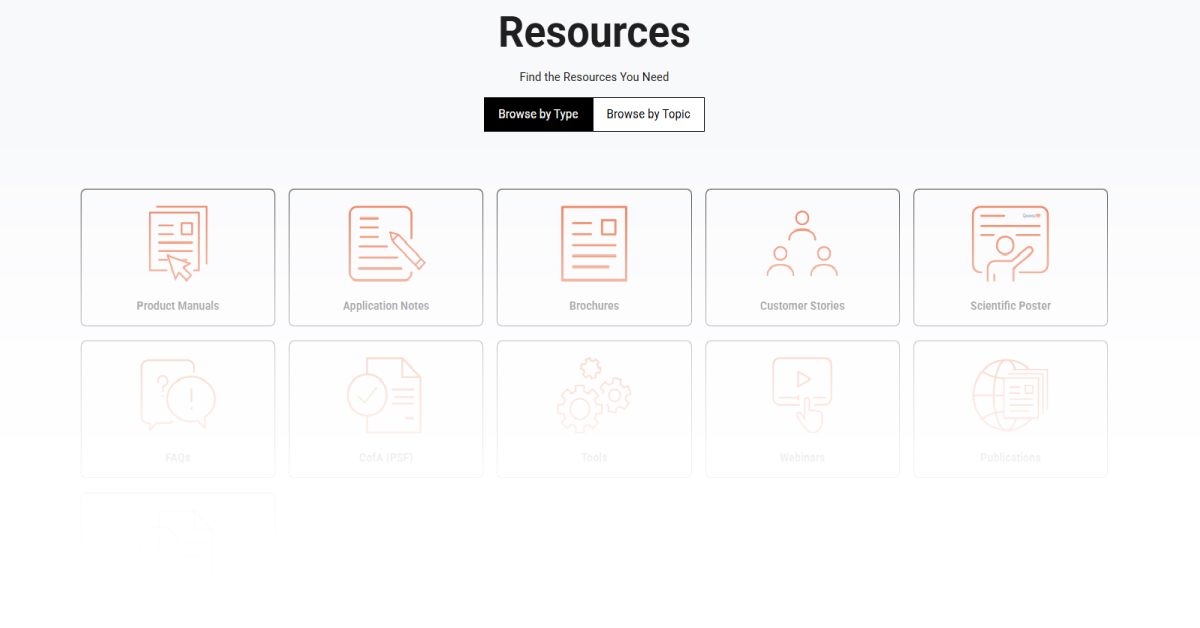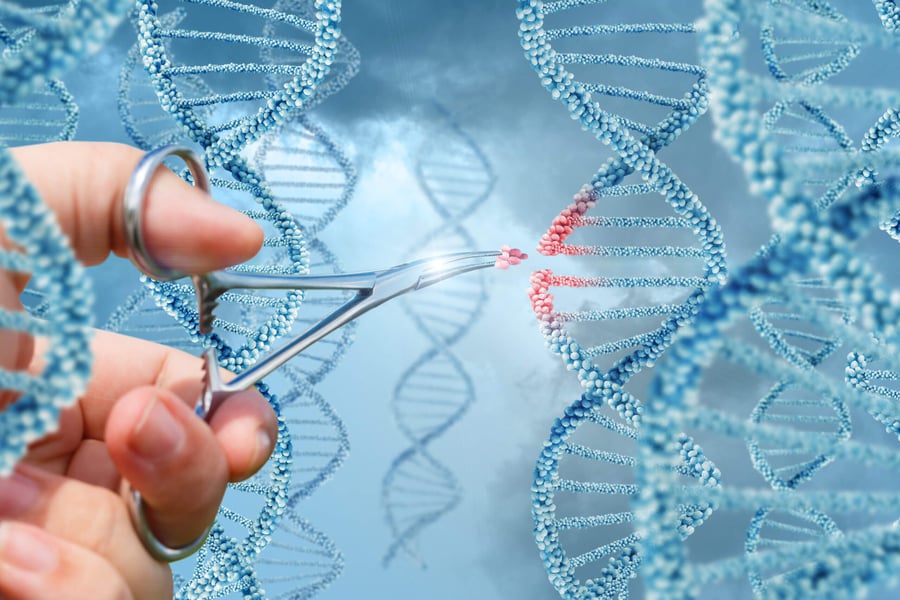If any of your workday involves performing cDNA synthesis, our new webinar could help you achieve better results with a streamlined workflow. Now available on demand, “Crossing the Limits of cDNA Synthesis” features Quantabio team members Ryan Heller and Subrata Panja as they report on performance characteristics and application uses for our next-generation cDNA synthesis qScript Ultra Flex Kit and qScript Ultra SuperMix products.
If you’re familiar with Quantabio, you probably already know that we take our enzyme engineering seriously. (OK, super seriously.) We are constantly pushing to develop new products that allow scientists to simplify their workflows while generating better results. The latest qScript products exemplify our approach, as Ryan and Subrata explain in the webinar.
While the hour-long webinar is worth watching, if you don’t have time, here are some take-home messages.
RT Is Key
Ryan, a principal scientist on our product development R&D team, notes that the reverse transcription step is essential for cDNA synthesis — which is why we focused on engineering a new RT enzyme through mutagenesis and variant screening to support the qScript Ultra products. Among the many improvements baked into the new reverse transcriptase: better thermostability, processivity, velocity, and robustness, along with reduced RNase H activity. Collectively, these traits lead to benefits such as higher yields, faster reactions, strong tolerance to common inhibitors, and full-length products. The calculated error rate is one error per 27,000 bases, with an indel rate that is substantially lower than standard RT enzymes. That offers “interesting implications for various sequencing protocols,” Ryan says.
qScript Ultra Flex Kit
With the improved RT, the qScript Ultra Flex Kit has a number of advantages for users. In most cases, it can be run with a simplified, one-phase setup (rather than the traditional two-phase setup). It has excellent dynamic range, working with as little as 100 femtograms or as much as multiple micrograms. Sensitivity is quite good, even with difficult sample types such as FFPE samples. And it’s lightning fast, generating more than 20 kb of cDNA in just 10 minutes.
In a sample project, Subrata, our associate director of field applications, used this kit to generate 10 kb cDNA libraries to cover the SARS-CoV-2 virus with just four primers. The libraries came out well, and led to excellent levels of mapped reads with low duplication rates.
qScript Ultra SuperMix
The qScript Ultra SuperMix has the advantage of a single-tube mix that provides all needed components for first-strand cDNA synthesis except the RNA template. For scientists, this means fewer pipetting steps, superior consistency, and improved reliability. The kit uses a mixed priming strategy to provide uniform representation of 5’ end and 3’ end sequences for accurate and unbiased RNA quantification. It’s incredibly efficient, even with as much as a microgram of poly(A) present.
In a comparison to two other cDNA synthesis products, including our previous generation qScript cDNA SuperMix and a commercially available reagent from another company, the qScript Ultra SuperMix consistently outperformed both for running a 96-gene panel. In addition to that internal data, Subrata also highlights a few customer publications citing the use of this new product.
To learn more, you can use the new Bioz tool on our website to look at relevant citations right on the product page.
Recent posts


Subscribe to Our Blog
Read More

How Customers Are Using Our qScript Ultra SuperMix

Cloning? Don’t Start Without Us

